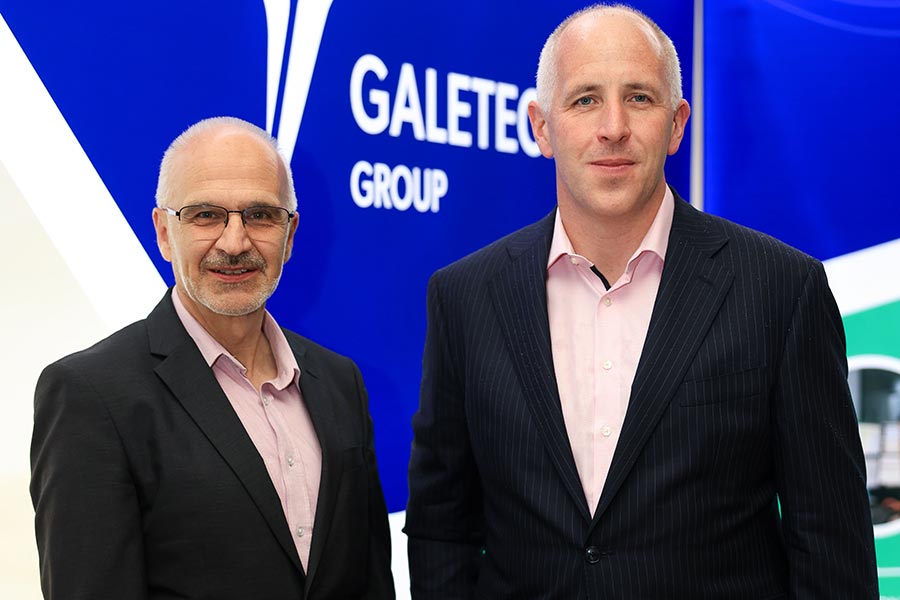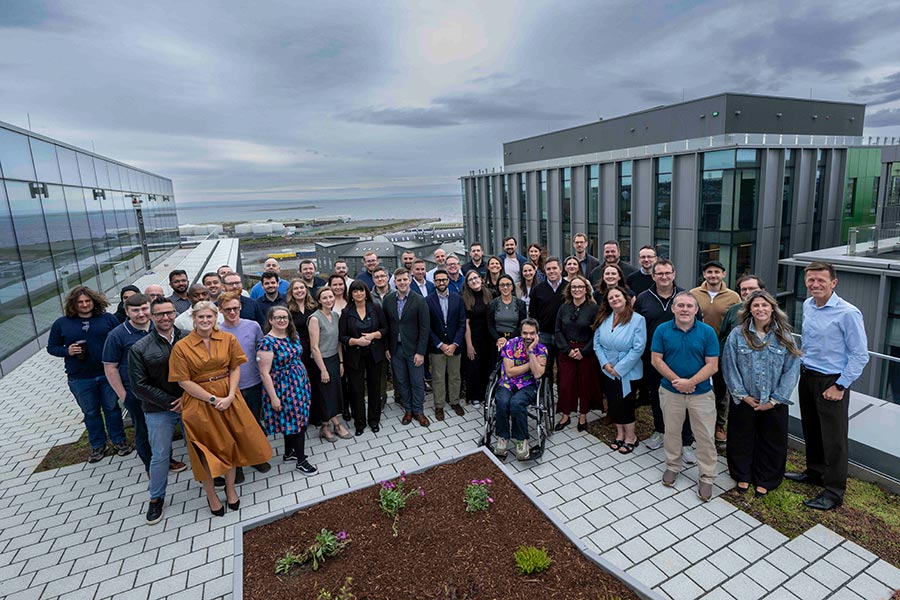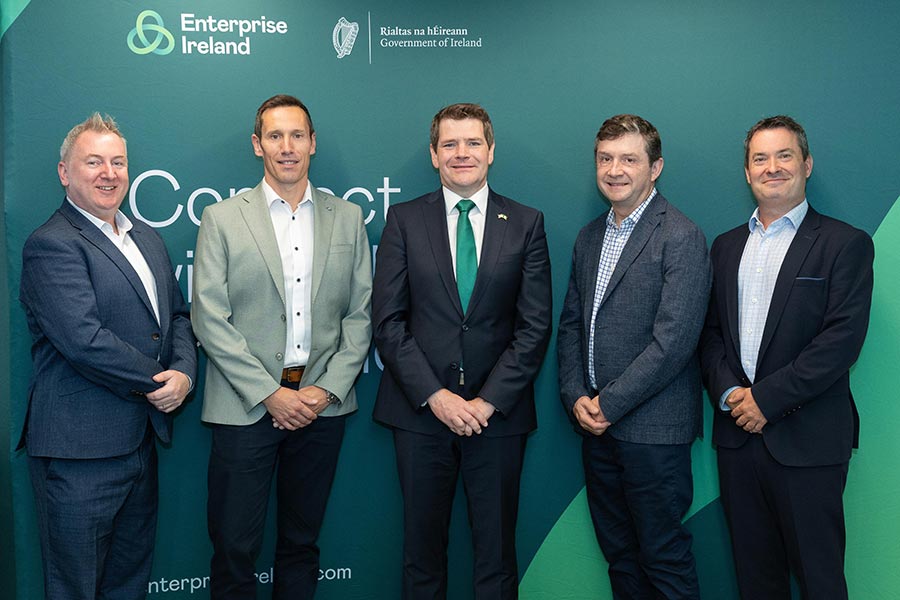The cost of employing a full-time worker on the national minimum wage has increased by close to €5,000 since the start of 2023.
Figures provided by the Irish SME Association (ISME) show that the cost to businesses of employing the lowest-paid staff has risen significantly with increases in the national minimum wage and employers' PRSI.
The hourly national minimum wage rose 6.3% or 80 cent from €12.70 to €13.50 on 1 January.
Over a 39-hour week, employees would earn €526.50, and €27,378 over a 52-week year, per ISME. Most employees are entitled to at least four weeks’ annual leave each year.
Employers PRSI, meanwhile, rose from 11.05% to 11.15% in October, amounting to €3,052.65 for each staff member working a full year on the minimum wage, up €206.61 from €2846.04 last year.
Between the increase in minimum wage and employers PRSI over the past two years, employers would pay €4,982 more for each full-time staff member than they would have at the end of 2023 when the minimum wage was €11.30 per hour.
"This is a completely unsustainable rate of increase," said Neil McDonnell, CEO of ISME.
"Government and citizens must be willing to accept far higher goods and services costs if we are to continue at this rate of government-imposed cost increase."
Jonathan McDade, public affairs lead for the Small Firms Association (SFA), said that the rising minimum wage puts upward pressure on all other wage rates, so the cost for employees earning more than the minimum also increases on a pro-rata basis.
Additionally, the introduction of the St Bridget's Day bank holiday and statutory entitlements such as sick pay and pension auto-enrolment have increased labour costs for employers.
The ISME figures show that employers paid €110 to staff for the St Bridget's Day bank holiday in 2024, equivalent to a day's work plus PRSI, up from €97.88 the previous year.
Employers were required to pay up to five days' statutory sick pay worth a total of €550.03 last year, and the total rises to seven days' pay or €819.29 in 2025.
The 1.5% employers' contribution to auto-enrolment pension scheme, which comes into effect at the end of September, will cost employers up to €410.67 per full-time minimum wage employee over the course of a full year.
Contributions will gradually increase from 1.5% to 3%, 4.5% and finally 6% in year 10 of the auto-enrolment scheme.
McDade said SFA members are quite concerned, especially after the organisation's calls for a full PRSI rebate for employers were rejected by the previous government in Budget 2025.
"We see this as a very serious issue, and it's because it's been a culmination of so many different things that have come up in relation to statutory sick pay, the national minimum wage and these labour-related costs from the State," he said.
"It's just the cumulative effect that's been a problem for our members ... and what they need is a bit of a break. They need time to adjust to all of these changes because there are certain commodity prices that are still a bit volatile. Energy costs have gone down, but they're still not at the level they were before Covid."
An SFA survey published last May found that business costs had increased 16% in the previous 12 months, with 83% of businesses experiencing cost increases and 57% seeing higher labour costs.
"We're only calling for a temporary rebate, like maybe for the next few years, and it's just to give small businesses a chance to just kind of just catch their breath with all of these increased business costs related to the auto-enrolment, the statutory six pay, and the increase in the national minimum wage," said McDade.

"And we're also kind of looking ahead, because there's going to be a transition to the Living Wage, and small businesses need ... they don't want handouts, but they just want a little bit of support from government."
Earlier this month, Deloitte forecast that insolvencies would exceed 1,000 in 2025 for the first time since 2016, equivalent to around three businesses going bust per day.
(Pic: Getty Images)











